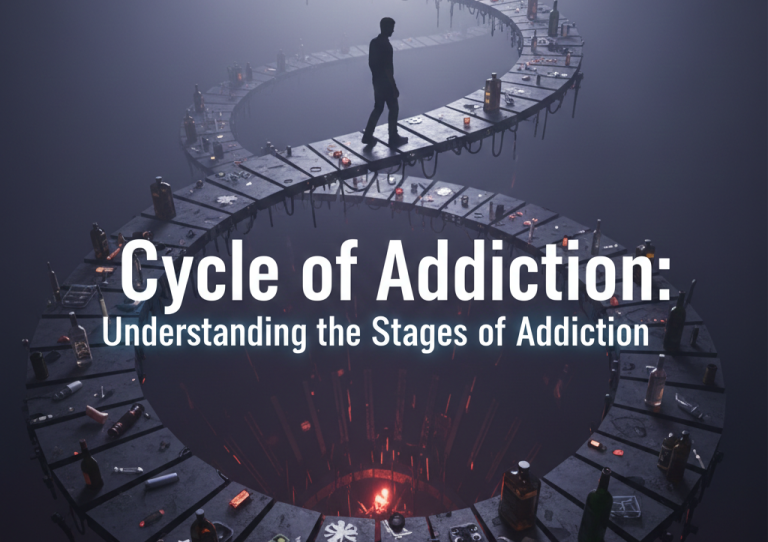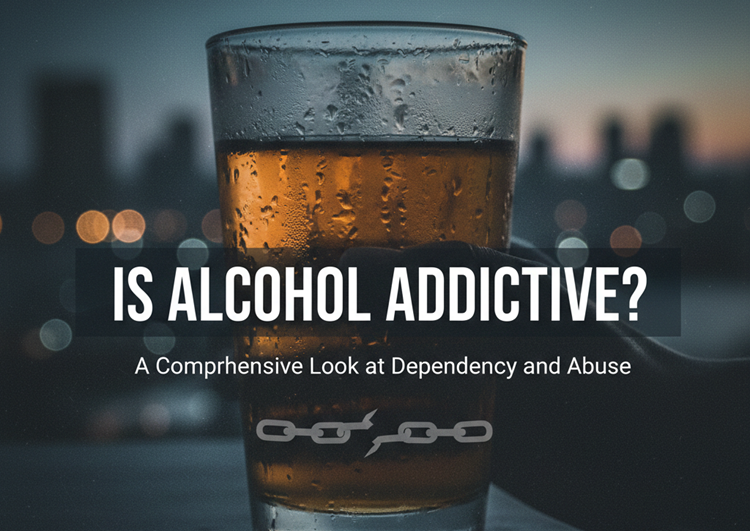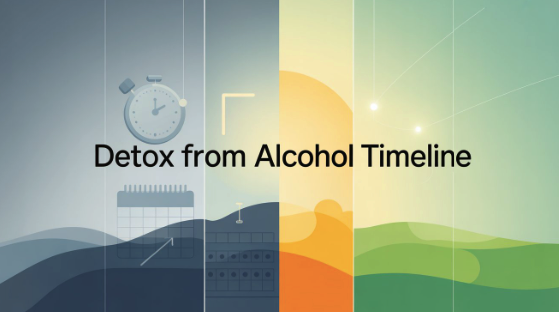Kratom is a debatable herbal drug seen gaining popularity in recent years as a pain reliever, a mood enhancer or a withdrawal treatment. It contains one of the strongest alkaloids in the world called 7-hydroxymitragynine, usually referred to as 7-OH kratom. What then is it and how does it influence the body? Is it safe or are there risks behind it?
In this post, we are going to demystify the science behind 7-OH kratom, its effects, possible dangers as well as the better and healthier ways to achieve recovery and wellness and how Orlando Treatment Solutions can be of assistance to those who have issues with kratom or any type of substance use.
What is 7-OH Kratom?
7-OH kratom, also referred to as 7-hydroxymitragynine, is an alkaloid present in the kratom tree, otherwise known as Mitragyna speciosa. Being present in significantly reduced levels than its chemical counterpart, mitragynine, 7-OH is nonetheless much stronger.
Research indicates that 7-OH could be 13 times superior to morphine in its ability to relieve pain. Liver subsequently oxidizes mitragynine into 7-OH after consumption to become an essential contributor to the euphoric and sedative effects that kratom use tends to exert.
How Does 7-OH Kratom Work?
Similarly, 7-OH occupies the mu-opioid receptors in the brain, just like opioids. This is the binding that results in the typical effects of kratom, which are:
- Pain relief
- Euphoria
- Sedation
- Mood elevation
- Reduced anxiety
The affinity of 7-OH to these receptors is significant, and thus, it is believed to play a major role in defining the addictive potential of kratom, at least at large doses or when used chronically.
Potential Benefits of 7-OH Kratom
Users of Kratom usually say that 7-OH has a few advantages, particularly to people who are battling with:
- Chronic pain
- Affective disorders, Anxiety and depression
- Fatigue
- Effects of opioid withdrawal symptoms
Several advocates of kratom maintain that the 7-OH is a natural alternative to prescription opiates, which might cause fewer side effects. These advantages are mainly anecdotal, however, not approved by the FDA.
Risks and Side Effects of 7-OH Kratom
Although 7-OH kratom may be beneficial, it is very harmful to one’s health. The side effects and long-term consequences of its usage include:
- Throwing up and sickness
- Liver damage
- Rapid heartbeat
- Constipation
- Muscle pain
- Psychosis/hallucinations
Over the long term, people may gain more resistance to substances. When that happens, they might take more and therefore, the risk of developing some kind of dependence or addiction is increased. In more serious cases, withdrawal could also be similar to opioid withdrawal and may include:
- Irritability
- Insomnia
- Sweating
- Tremors
- Depression
Since 7-OH is more active than mitragynine, this is even more worrying to people who might be putting themselves at risk of developing dependency or overdose without even noticing it.
Is 7-OH Kratom Legal?
The legality of kratom and 7-oh depends on the place. However, although kratom is not a scheduled substance on the federal level in the United States, the federal governments of some states and municipalities have prohibited its sale or possession. A warning about the possible abuse of kratom has been issued by the FDA and DEA, and the organization pays close attention to its effects.
Several regulatory precautions should be taken by consumers of kratom, who should also be advised of the lack of a standardized version of 7-OH concentration in kratom, which changes immensely based on strain and preparation.
Can You Get Addicted to 7-OH Kratom?
Yes. Although 7-OH kratom is not an opioid, it mimics the effect of opioids in the brain. This likeness enhances the chances of psychological and physical addiction, particularly when it is used very often or in individuals who have past substance use disorders.
When a person takes kratom to treat pain or improve his or her mood every day and cannot quit despite the unpleasant effects, medical treatment is a possibility.
How to Get Help for Kratom Dependence
When kratom addiction becomes extremely difficult to quit, and even more so when 7-OH is involved, quitting completely is nearly impossible without any type of support. The withdrawal process may be severe and even in other instances, has resulted in relapse into usage despite the best efforts.
That is where the professional drug treatment would make all the difference.
Find Help at Orlando Treatment Solutions
Kratom is known to be addictive, but this addiction can be treated. At Orlando Treatment Solutions, we have years of experience in substance use disorders, withdrawal, addiction treatment, and aftercare recovery. Our clinical staff is well-experienced in treating kratom addiction and other substance use disorders.

If you are going through the withdrawal process associated with kratom or require long-term care to address the co-occurring mental health challenges, our comfortable Florida-based kratom rehabilitation facility can provide you with:
- Stabilization and medical detoxification
- The individual and group therapy
- Holistic Wellness Interventions
- Relapse prevention methods
- Support and education of the family
It might seem that 7-OH kratom is a natural alternative to opioids, but the potency of this substance and its potential for addiction pose serious health risks. While short-term effects can be beneficial, the long-term effects may outweigh the benefits, especially when dependence develops.
When you or a loved one is having trouble with the use of kratom, do not hesitate. There is hope. Call us at (321) 415-3213 now and get your first step to freedom on your way.



























